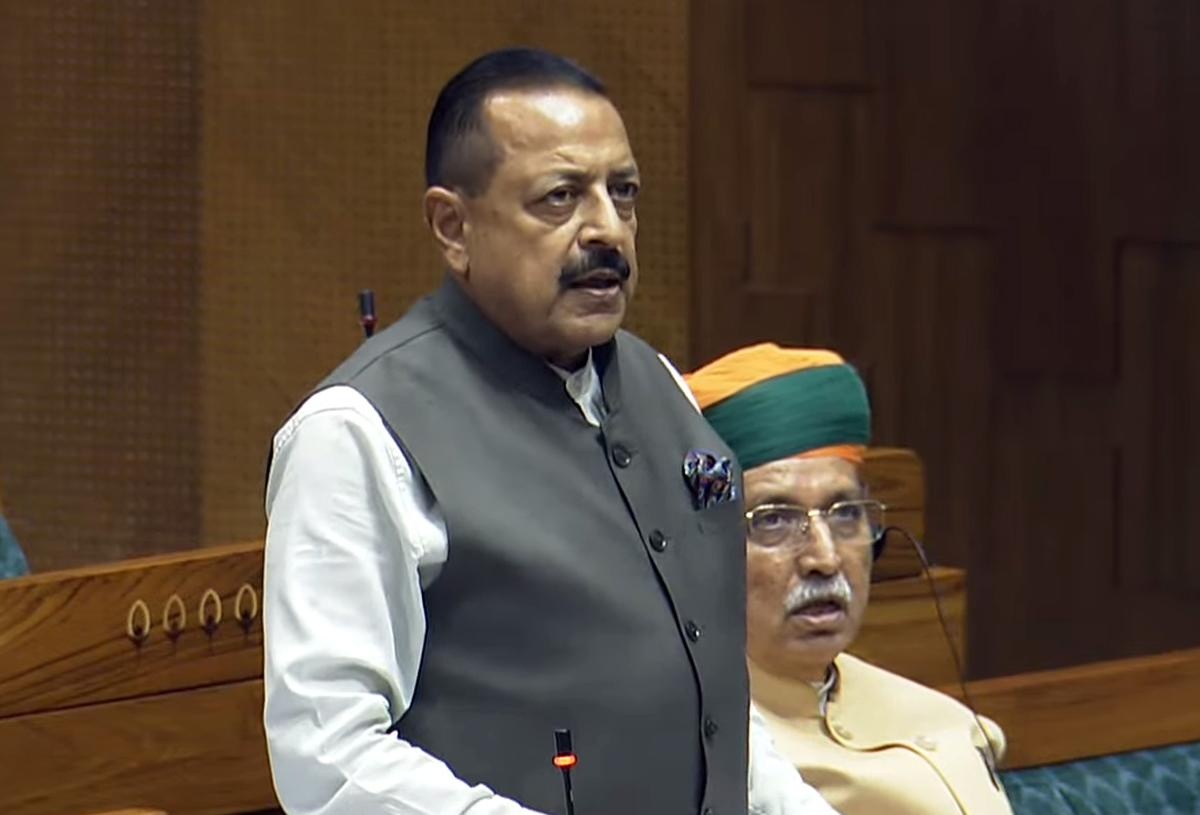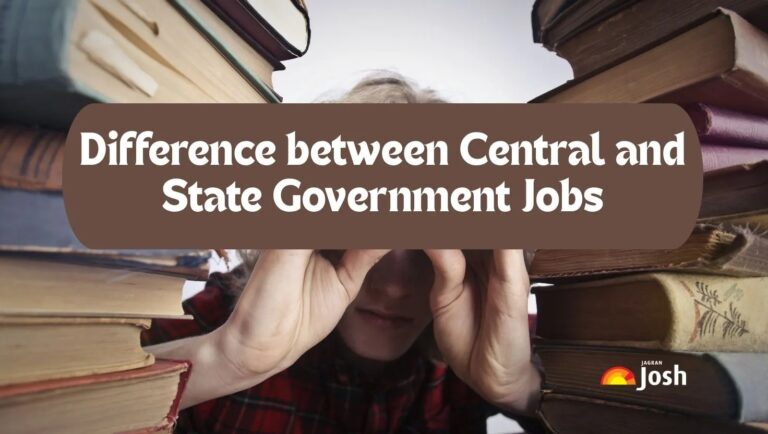
Policy Update for Central Government Employees
India’s Central Government has clarified that its employees are entitled to 30 days of earned leave annually, which can be utilized for various personal circumstances, including the care of elderly parents. This clarification came during a parliamentary session when Union Minister of State for Personnel, Jitendra Singh, addressed queries regarding leave provisions for government staff. The minister emphasized that the Central Civil Services (Leave) Rules, 1972, already outline a comprehensive framework for leave entitlements, encompassing 30 days of earned leave, 20 days of half pay leave, eight days of casual leave, and two days of restricted holidays. These provisions, he explained, are designed to accommodate diverse personal needs, such as family responsibilities, health emergencies, or other pressing obligations. The announcement underscores the government’s commitment to balancing professional duties with personal commitments, particularly for employees managing caregiving responsibilities.
Eligibility and Leave Flexibility
The revised interpretation of the leave rules highlights the flexibility granted to Central Government employees. While the 30 days of earned leave is a fixed entitlement, the minister clarified that this can be applied for any reason, including the care of aging parents. This provision aligns with broader societal shifts toward recognizing caregiving as a critical personal responsibility. The rules also allow for the combination of different leave types, such as using casual leave alongside earned leave, to manage extended periods of absence. However, the government has not specified additional allowances beyond the existing framework, leaving the interpretation of ‘personal reasons’ to the discretion of individual employees. This approach ensures that the policy remains adaptable while maintaining administrative simplicity.
Impact on Work-Life Balance
The policy update has sparked discussions about its potential impact on work-life balance for government employees. Advocacy groups have welcomed the clarification, arguing that it addresses a long-standing gap in workplace policies for caregiving responsibilities. Experts note that while the 30-day leave is a significant step, it may not fully meet the needs of employees requiring extended care for elderly parents. For instance, chronic health conditions or multiple caregiving duties could necessitate longer leave periods. Critics also highlight the need for clearer guidelines on how to apply for such leave, as ambiguity could lead to inconsistencies in implementation. Nonetheless, the policy represents a progressive move toward recognizing the intersection of professional and personal obligations in the modern workforce.
Category Classification and Compliance
Under the provided categories, this policy pertains to Central Government Employees (Category ID: 2). The rules outlined in the Central Civil Services (Leave) Rules, 1972, are specific to this category and do not extend to state government employees or other administrative divisions. Compliance with these rules is enforced through the Department of Personnel & Training, which oversees leave applications and ensures adherence to statutory mandates. The minister’s clarification in Rajya Sabha reinforces the government’s transparency in addressing employee concerns. However, the absence of explicit provisions for caregiving leave in the rules has led to calls for periodic reviews to align with evolving societal needs. This case exemplifies how statutory frameworks can be interpreted to address contemporary challenges while maintaining institutional efficiency.
Broader Implications for Public Sector
The leave policy for Central Government Employees reflects a growing trend in public sector reforms aimed at enhancing employee welfare. By explicitly acknowledging caregiving responsibilities, the government is setting a precedent for other administrative bodies to follow. This shift is particularly significant in a country with a rapidly aging population, where caregiving duties often fall disproportionately on family members. While the policy does not introduce new entitlements, its reiteration ensures that existing provisions are accessible to employees. Future amendments may focus on expanding leave durations or introducing specialized caregiving leave, but for now, the 30-day earned leave remains the primary mechanism. This development underscores the importance of adaptive policies in fostering a supportive work environment for government employees.




